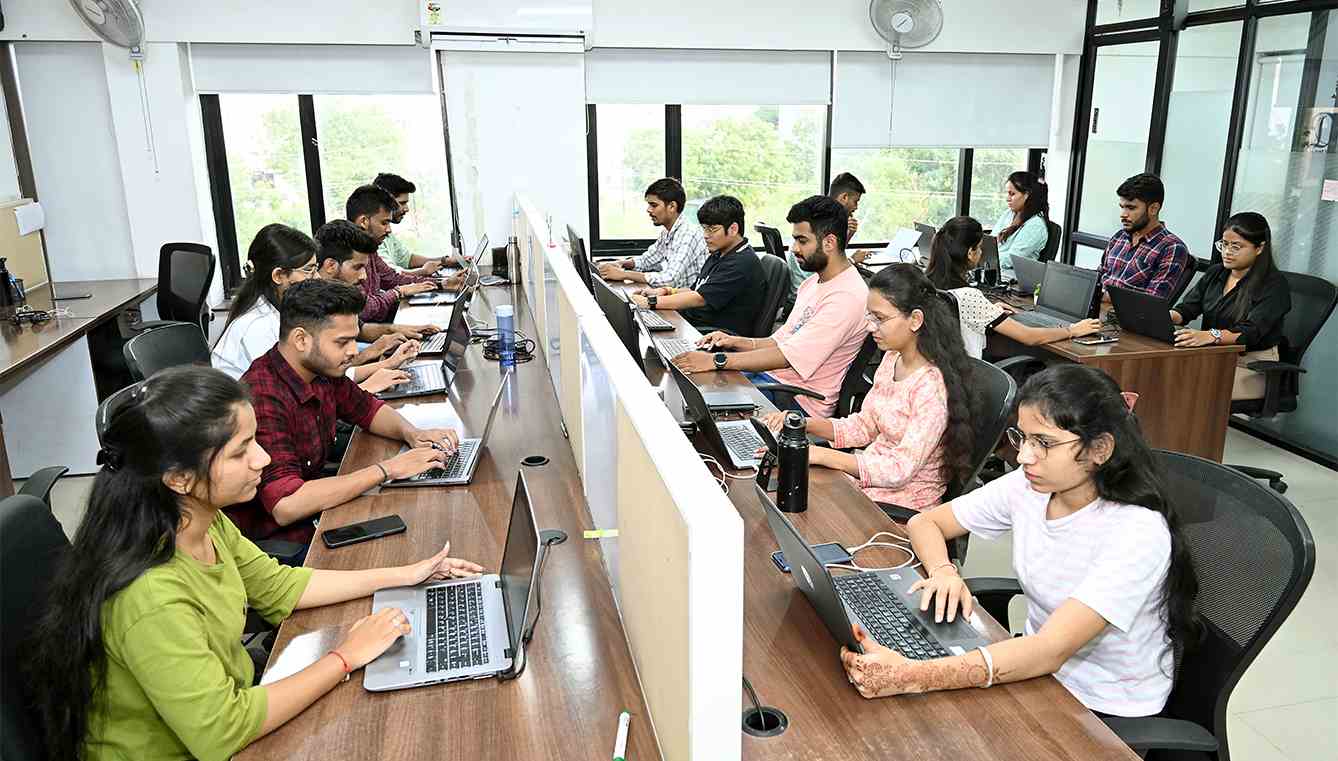If we can help in any way, please don't hesitate to set a time to meet or talk, or leave your details and we'll get back to you.

Creative Django Developers at Golden Eagle

Contact Django developers from Golden Eagle to get a dynamic product with a fantastic front-end and exclusive UI/UX that is keen to transfer your business to a whole new level.

We simplify complex back-end systems that integrate perfectly with front-end applications for daily business needs.

As experts, we help you migrate your web app to Django or upgrade the existing Django version to the latest system.

We excel at brainstorming, building, and designing APIs as per the field’s best practices for integration with the best Django-based apps.

We know your business needs and thus are truly determined to post-launch support which provides a full guarantee of app functionality.

We execute our Django expertise and build ML-driven predictive engines, and innovative IoT solutions to fuel your versatile business ideas.

